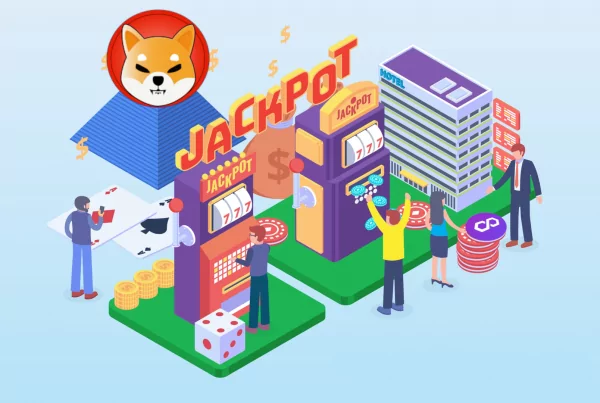Cryptocurrency & Blockchain
Though the number varies by source, there are between 2,800 and 3,000 active cryptocurrencies today. Most people understand the basics: cryptocurrency is digital money that can be used in any market that accepts it as payment, regardless of national borders.
The more people who buy and spend a currency, the more legitimate it becomes based on higher demand. Standard currencies are regulated by a market known as Foreign Exchange Market (Forex for short), but cryptocurrencies are regulated by independent global markets like Binance and Huobi.
First seen in January of 2009, Bitcoin is the crown jewel of cryptocurrency. It is the most highly traded, divided, and sought-after cryptocurrency in use today. However, there are other major players that have emerged amid the thousands of cryptocurrencies created since Bitcoin. The top ten cryptocurrencies (determined by market capitalization) include Bitcoin, Ethereum, XRP, Bitcoin Cash, Tether, Litecoin, EOS, Binance Coin, Bitcoin SV, and Stellar. Even Facebook has launched its own cryptocurrency, Libra.
All in all, cryptocurrencies are largely used as assets rather than currency. This means that owning 20 Bitcoin or Tether coins is worth as much as they can be sold for, rather than using those Bitcoin or Tether coins to make day-to-day purchases. This trend will be curbed by the eventual acceptance of cryptocurrency for everyday transactions at, say, a hardware store.
Currently, Bitcoin is regulated by blockchain, which is a system that records transactions in a peer-reviewed environment. Peer, in this case, signifies another computer ledger. In short, blockchain creates receipts for cryptocurrency transactions that can’t be digitally modified without significant peer assessment and approval, protecting the integrity of online cryptocurrency transactions. Every operating network verifies its records with other participating networks.

Cryptocurrency in Vegas
Despite the many marriage chapels that line the Vegas strip, the city of lights has yet to say ‘I do’ to cryptocurrency. The gambling industry in the US made $160 billion in 2018, with nearly one-third of that revenue coming from commercial casinos. Professionals involved in the fintech (financial technology) industry are considering how best to merge cryptocurrency with the gambling industry.
Hosted at The Cosmopolitan, the 2019 Vegas Blockchain Week saw thousands of international developers, entrepreneurs, startups, and spectators come together. With the number of billionaires worldwide expected to hit 3,800 this year, major moguls and moguls-to-be flocked to host panel discussions and educational forums. But, as aforementioned, cryptocurrency still hasn’t caught on throughout casinos along the strip.
While bitcoin may be accepted for certain charges, chips aren’t one of them. Despite the increasing number of cryptocurrencies, the ceramic casino chip is holding its own as part of the $51 billion dollars commercial casino industry and is still considered the diamond of Las Vegas. Beyond Vegas, people aren’t afraid to go online rather than share a table in a busy casino—though they may miss out on adding to their chip collection. Cryptocurrency can empathize, though online gaming doesn’t need any sympathy, as the industry raked in $300 billion in 2018.
While those involved in the fintech world may disagree, the ceramic chip doesn’t seem to be at risk on the strip. So far, Bitcoin has only been accepted by a few merchants, and can only be applied for a room payment, dining, or picking up something at the gift shop. On the other hand, ceramic chips have been in usage for one hundred and fifty years and have become part of a highly regulated gaming process.
The ceramic chip isn’t just a physical marker of winnings. Today, they have RFID chips that detail every individual casino chip’s monetary value, activity, and activation—meaning a chip can be tracked and deactivated remotely if stolen. Others are marked with UV designs, holograms, and ‘microdots’ that can be verified by proprietary casinos alone.
Valued anywhere between $1 and $5,000, the chips are also an important part of the casino experience. Many gamers like to stack or otherwise handle their chips during play, while others will regulate their evening play based on their chip count. In other words, chips make you feel like you’re at a casino, and help gauge finances.
However, given the rise of online gaming, which doesn’t utilize physical ceramic chips, it seems likely that Vegas can transition into a cryptocurrency system, utilizing blockchain to regulate and record transactions. For now, the biggest obstacle seems to be international regulation of cryptocurrencies.



